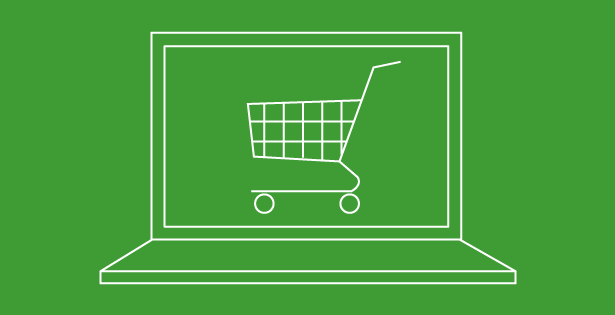Understanding the dynamics of the retail supply chain, especially in an era where hybrid strategies are becoming the norm, is crucial for maintaining a competitive edge. The supply chain isn’t just about moving products from point A to point B—it’s about creating a seamless, efficient, and adaptable system that meets customer demands while optimizing costs and resources. So, what exactly is a hybrid strategy?
Defining Hybrid Strategy
At its core, a hybrid retail strategy combines the traditional in-store shopping experience with the convenience of online platforms. This approach empowers consumers to choose how, when, and where they shop, offering a variety of options tailored to their individual needs. By blending physical and digital retail, companies aim to create a more seamless shopping experience that adapts to the evolving preferences of today’s consumers.
The Rise of Hybrid Retailing
With the increasing accessibility of technology, companies are discovering new, innovative ways to sell their products. One striking example is TikTok, a platform that has rapidly gained popularity among Gen Z and Gen Alpha as a go-to shopping destination. According to Forbes, citing Euromonitor’s Voice of the Consumer: Digital Survey, 43% of digital consumers globally reported using TikTok for shopping in 2023—a significant increase from previous years.
Despite initial skepticism, particularly from older generations, TikTok has proven to be a powerful retail tool. Its short-form videos allow businesses to connect with young consumers through targeted content that highlights the latest trends and must-have products. For a generation raised on online shopping, the ability to discover, purchase, and receive products—all in a short timeframe—has become the new standard.
Adapting to New Realities
The success of platforms like TikTok has forced many companies to rethink their retail strategies. Those that are agile and flexible are thriving in a world where the pandemic has reshaped consumer behavior, making many hesitant to return to traditional shopping or dining experiences. Businesses that have embraced hybrid strategies are better positioned to meet modern consumer needs, offering convenience and speed that align with today’s expectations.
The role of the retail supply chain has evolved from simply managing logistics to becoming a strategic cornerstone in today’s digital-driven market. As hybrid strategies take center stage, businesses that innovate within their supply chains will be better equipped to meet fast-changing consumer demands. By embracing these strategies, companies can build supply chains that are not only efficient but also resilient, positioning themselves for long-term success in the competitive retail landscape.

 RSMUS.com
RSMUS.com



